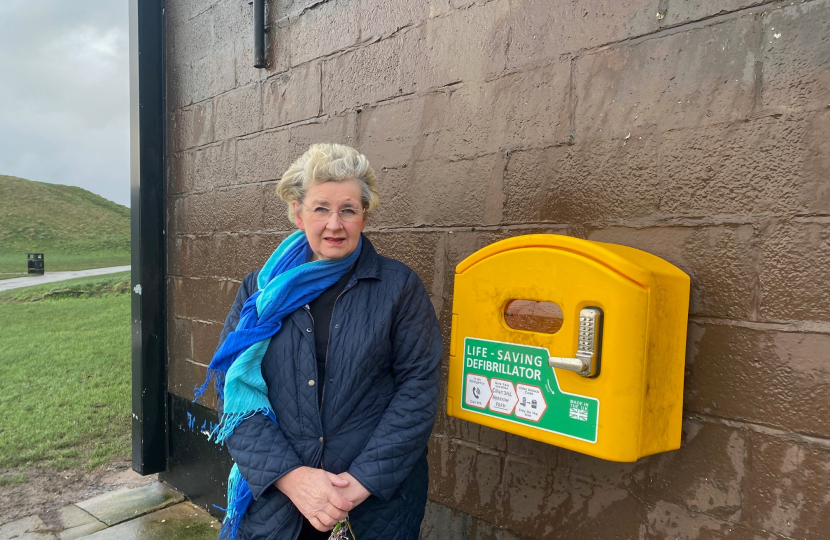
Students and teachers in all eligible secondary schools in Wallasey will now have access to life-saving equipment to use in an emergency thanks to the delivery of 5,435 defibrillators nationally, backed by £19 million of government support.
This means that the government has met its commitment to ensure that all state-funded schools in England have access to this life-saving equipment by the end of the academic year.
Secondary schools were prioritised for deliveries due to the risk of cardiac arrest increasing with age but the roll out to all primary and special schools is well underway and is expected to be complete before the end of the summer term.
The government’s roll out follows campaigning from the Oliver King Foundation and its founder Mark King, who has been raising awareness about the need for defibrillators in schools since he tragically lost his son at the age of 12 to cardiac arrest while swimming at school. The government has continued to speak with Mark King and the Foundation throughout the roll out of the programme.
Last year, the government committed to supplying almost 18,000 state-funded schools across England with these devices to make sure there is one in every school, as defibrillators drastically increase the likelihood of surviving a cardiac arrest.
All secondary schools in England now have access to at least 2 defibrillators. This will ensure that schools can place their devices strategically to maximise access and will allow devices to be placed in areas where an incident may occur, such as sports facilities.
Pupils are taught how to use the lifesaving defibrillators in case of cardiac arrest as part of their first aid lessons. The school curriculum teaches pupils life-saving techniques such as CPR and the purpose of defibrillators.
Founder of the Oliver King Foundation Mark King said: "I am delighted that through years of hard work, determination and passion we have reached this monumental milestone in raising awareness and ensuring all schools have access to a life-saving defibrillator.
"With help from the Department for Education and public support Oliver’s memory lives on. We as a foundation will continue to strive for change so no other family has to suffer like we did."
The AEDs guidance includes advice for schools on how to make their defibrillator available to the community, should they wish to do so. The government is also encouraging schools to register their defibrillator on The Circuit, the national defibrillator network.
This follows the announcement from the Department of Health and Social Care last year of a £1 million fund to increase the number of defibrillators in communities most in need - providing an estimated 1,000 new defibrillators in community spaces across England.






